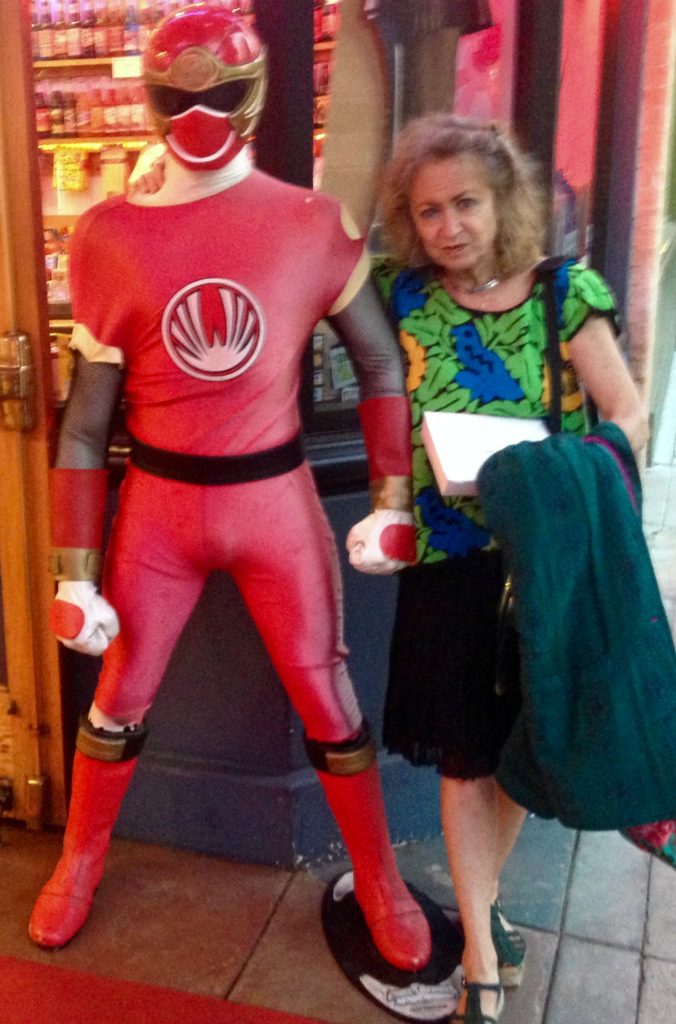
Last night I read my poetry master’s thesis in my childhood bedroom on a Zoom call. The walls of my room are painted like the rainforest from third grade when I obsessed over jungles and canopies. In the background, my cohort and professors could probably make out the blue sky painted on the ceiling of the room and the closet in the background that still houses old dresses, short-shorts, and cosplay costumes from high school.
I haven’t lived at my parents’ house consistently for over six years. Part of that distance has to do with coming out as a queer transgender person. I have returned after my housemates and I were unable to make rent in our New York apartment due to COVID19 closures and uncertainty of future employment.
The juxtaposition between my childhood bedroom, a place where I grappled for the first part of my life with gender, sexuality, and mental health, and the achievement of finishing an MFA as a queer trans poet, is, ironically, something I could see myself having written into a poem months
ago before any of this began.
In my poetry, I often turn to the surreal, the fantastical, the paranormal, and the absurd to make sense of the fulcrums of my life and my place in society as a queer person. The deeper we wade into the pandemic and into the increasingly disturbing and violent American landscape, the weirder and weirder I have found my poetry becoming. Usually, before the pandemic, I would take notes to write poems daily but I have found myself waking up and leaning into whatever images are stalking my thoughts. I find comfort in my strangeness because the worlds that warp and distort time feel more real and true than the present.
This past week I have been reading a collection of poems by Vladimir Mayakovsky, who I admittedly only stumbled upon because there’s a Frank O’Hara poem I love titled by his name. In his poems, I find the threads of my own tilting away from realism in order to grapple with injustice. There is a sad humor to his speakers similar to O’Hara’s. In, “An Extraordinary Adventure Which Befell Vladimir Mayakovsky in a Summer Cottage,” he writes:
And beyond that village
yawned a hole,
into that hole- and not just maybe –
the sun for certain always rolled,
slowly, surely, daily.
At morn
to flood the world
again
the sun rose up-
and ruddied it.
Day after day
it happened this way,
till I got
fed up with it.
And one day I let out such a shout,
that everything grew pale,
point-blank at the sun I yelled:
“Get out!
Enough of loafing there in hell!”
This moment in the poem sticks with me because the idea the sun could retreat into a hole and then the speaker’s anger and address to the sun tells us something I think is incommunicable without turning away from “reality.” The earnestness of the speaker and the futility of yelling at
the sun is much like how I feel right now. The bends in perception capture what we are experiencing as humans who also implicated and interpolated in complex systems of oppression in a time of great loss, grief, and injustice.
The speaker shouting “Get out!” embodies how I have been experiencing time. I forget what day it is. An afternoon takes eons and then a week is totally gone. The speaker wants the persistent cycles to stop and even chastises the sun for his role in this.
I wish I had more time to find endings. Instead, I have been brought back to a physical place full many of my ghosts.
In the absurd and surreal I find my contradictions survive together. There is healing in letting the worlds of my poems unravel in ways the physical word doesn’t allow for. I’ll leave you with the last lines of a poem I wrote today:
i hope the sky is eventually mauve.
i hope the stone melts to magma
& the mountains finally get to experience
a real transformation. i too
turned to liquid & cooled in the stream.
pillow over my head.
the sun is blinking or winking
who can know which?

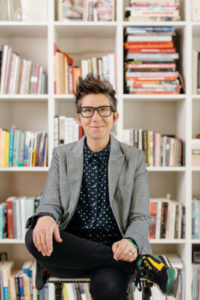

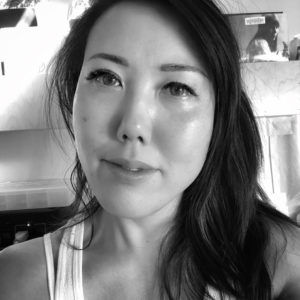 Poet Expend Yourself
Poet Expend Yourself  THE OULIPIAN STRATEGY
THE OULIPIAN STRATEGY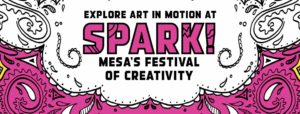 This year’s Festival of Creativity will feature an exhibition of 16 art cars and motorcycles, multiple hot rods, lowriders, and interactive arts experiences for people of all ages.
This year’s Festival of Creativity will feature an exhibition of 16 art cars and motorcycles, multiple hot rods, lowriders, and interactive arts experiences for people of all ages.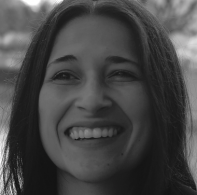
 Today we are pleased to feature author Geeta Kothari as our Authors Talk series contributor. In this podcast, Geeta discusses the power of prompts and reveals why constraints and limitations can be helpful in writing.
Today we are pleased to feature author Geeta Kothari as our Authors Talk series contributor. In this podcast, Geeta discusses the power of prompts and reveals why constraints and limitations can be helpful in writing.